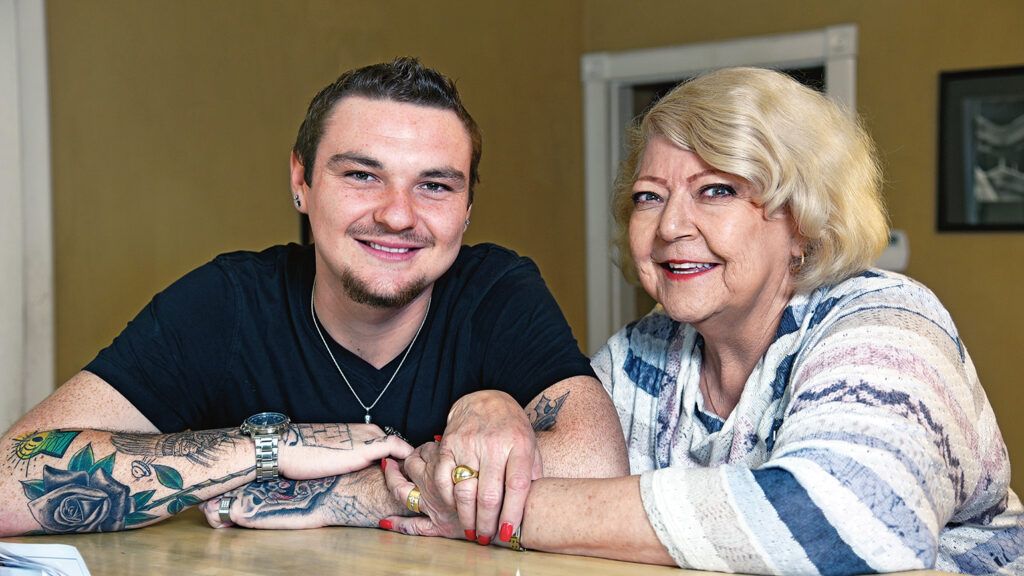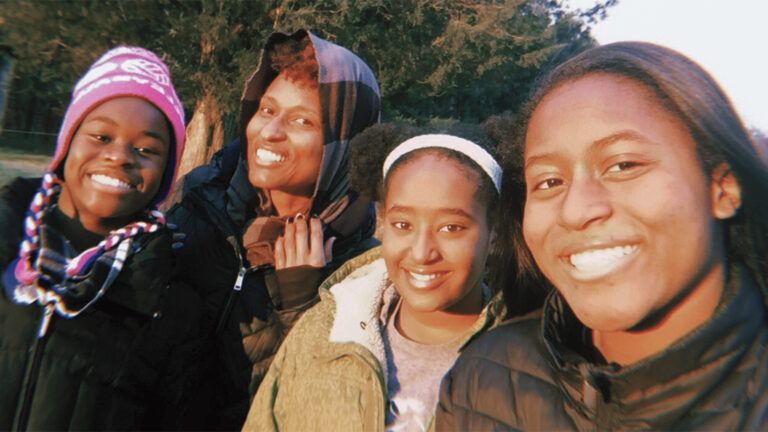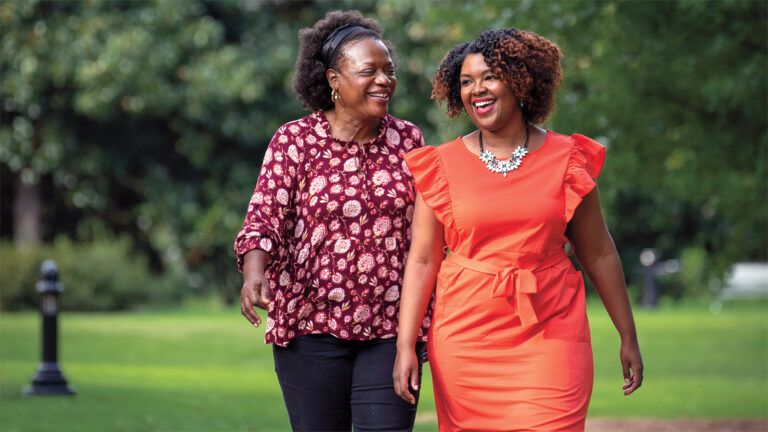Family members and friends of people with a substance use disorder want one thing above all: They want recovery for their loved one.
Unfortunately, their efforts to achieve that goal often can be counterproductive. Some addiction and recovery professionals use the term “enabling” to describe such well-intentioned but ineffective efforts.
Enabling means helping people with addiction do things they could do, and would be better off doing, for themselves. It also means shielding them from the natural consequences of their addiction.
Enabling can take many forms: Covering up for inappropriate behavior or missed commitments. Lying about people’s addiction. Giving them money. Bailing them out of jail or giving them a place to live unconditionally. Getting them a job. Managing their schedule or their contact with friends to keep them away from situations that might tempt them to use alcohol or other drugs. Setting boundaries you don’t enforce or vowing consequences you don’t follow through on.
In the case of people like Erin Leonhardt, it might seem heartless to separate from one’s spouse and refuse to bail him or her out of jail. In fact, that can be an act of love. Sometimes, by allowing our loved ones to experience the full consequences of their substance use, we actually help them find the motivation to begin, or reignite, the process of change and recovery.
The problem with enabling is that it can keep people stuck in a state where change is scarier than continuing to use. It also robs people of the dignity of making their own choices, living their own life and taking responsibility for their actions. Only the person with addiction can make the daily choices involved with living in recovery.
The greatest help friends and family members of people with addiction can provide is taking care of themselves–self-care. The goal for loved ones is to detach from the addiction while still loving the person who is sick.
Recognize that you didn’t cause the addiction, you can’t control it and you can’t cure it. Take care of yourself and set healthy boundaries while letting go of the process and the outcomes. That’s the loving response and a path toward healing. .
For more inspiring stories, subscribe to Guideposts magazine.





